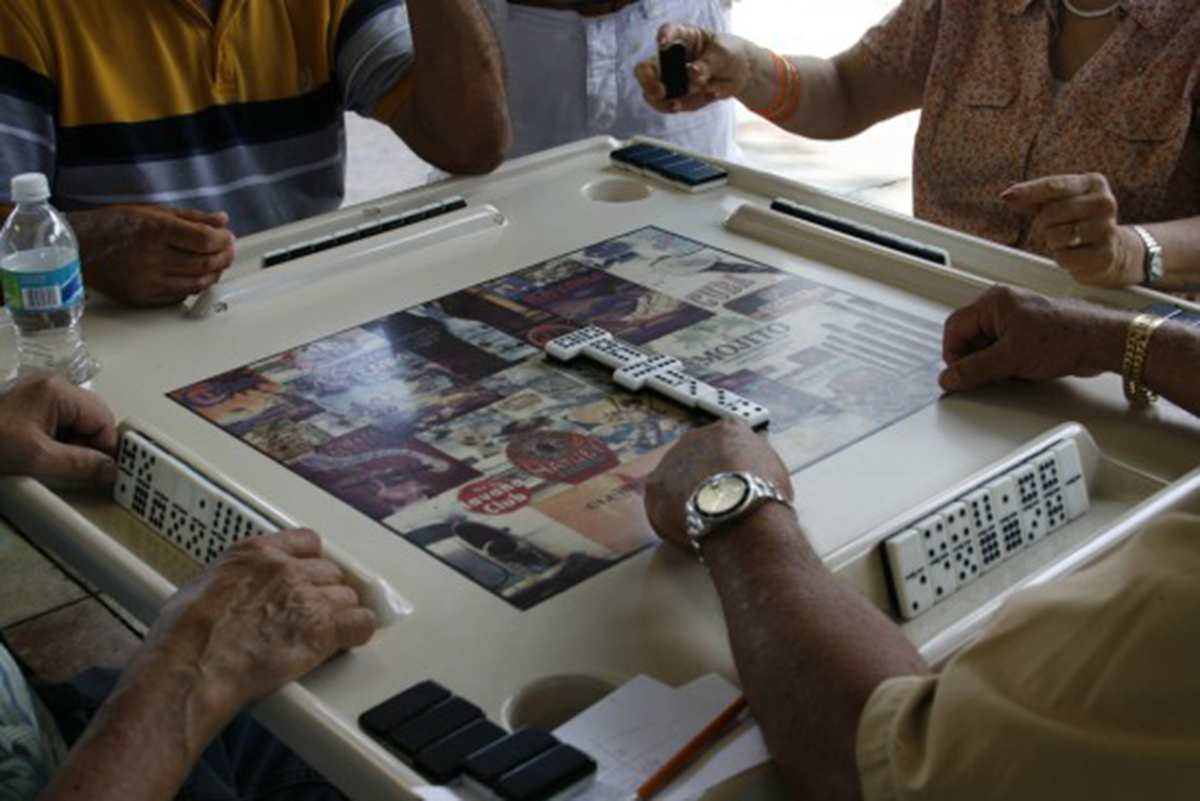Table of Contents
Dr. Taylor found that she could step into the consciousness of her right hemisphere, where she was the captain of 50 trillion cells that made up a vast universe. Or she could step into the consciousness of her left hemisphere and join the rest of the world with logic and language and meaningful action. The more time we spend in the beautiful peace of the right hemispheres of our brains, Dr. Taylor says, the more peace we project into the world.

It was 2-1/2 weeks, however, before surgeons removed a blood clot the size of a golf ball from the language centers on the left side of Dr. Taylor's brain and she could talk about the experience. And it was 8 years before she was fully recovered from her stroke and was actually able to choose how she felt about the life she lived.
But what if you aren't a movie star or a brain scientist? Can there be anything good about a stroke for you?
The reality is that stroke can be a devastating experience, and it can be very hard to find anything good about not being able to speak, not being able to use muscles and take care of onesself, or not being able see, hear, or taste, or feel emotions normally. But even in the most devastating stroke, and I'm writing as someone who has survived multiple "cerebrovascular accidents," there are things you can remember to do to make your life better if you make a point of remembering them now.
- Accept the fact that you will need others to help you for your basic physical needs. This can be an enormous blow to your pride--it was for me--but the less time you spend fighting the reality of your life, the more time you can spending creating a new one.
- Take advantage of those opportunities you have to let your mind go to new places. When you are trapped in your body, sometimes your mind can roam free. Don't fight it.
- Don't try to commit suicide. You've had a stroke after all. Chances are you would survive the attempt, and find your situation even worse.
- Recognize that stroke can change your outlook on life. You probably won't be the same person after you have had a stroke. Sure, stroke is depressing, but many people are surprised that they actually are happier after they lose some of the things in life to which they were holding on too tightly.
- If you are able, keep a diary, or even a list on a sheet of paper, of things you need and ways you get them. I kept a list of people who helped me in ways big and small after my strokes and other cardiovascular events. I found that an attitude of gratitude is a lot easier to bear than feeling depressed all the time, and that gratitude can attract the kind of help you need.
Read More: How I Became An Unintentional Expert In Stroke
These five suggestions are what I would tell anyone else who has had a stroke. Please keep them in mind just in case there is a day you need to consider them.
Additionally, I recommend these things as well:
- It's vital to take all prescribed medications, such as blood thinners and blood pressure medication, exactly as directed to prevent further strokes. Other conditions like diabetes and high cholesterol should also be carefully controlled, with regular check-ins with healthcare providers to ensure that any medications are working effectively and without significant side effects.
- Diet and nutrition play a significant role as well; a heart-healthy diet can help manage risk factors for stroke, including obesity, high blood pressure, and high cholesterol.
- Social engagement is also part of a well-rounded recovery plan. Maintaining relationships with family and friends and participating in social activities can prevent isolation and promote emotional health.
- Personal safety is another aspect that should not be overlooked. Wearing a medical alert bracelet and having a personal emergency response system in place, especially for those living alone, ensures that quick help is available in case of an emergency.
- Douglas, Kirk. My Stroke of Luck. IT Books, January 2003.
- Taylor, Jill Bolte. My Stroke of Insight. Plume Books. January 2009.
- Photo courtesy of loveiswritten by Flickr : www.flickr.com/photos/conovosisters/4856436532/
- Photo courtesy of Justo Ruiz by Flickr : www.flickr.com/photos/justo_ruiz_photogrpher/3531231451/

